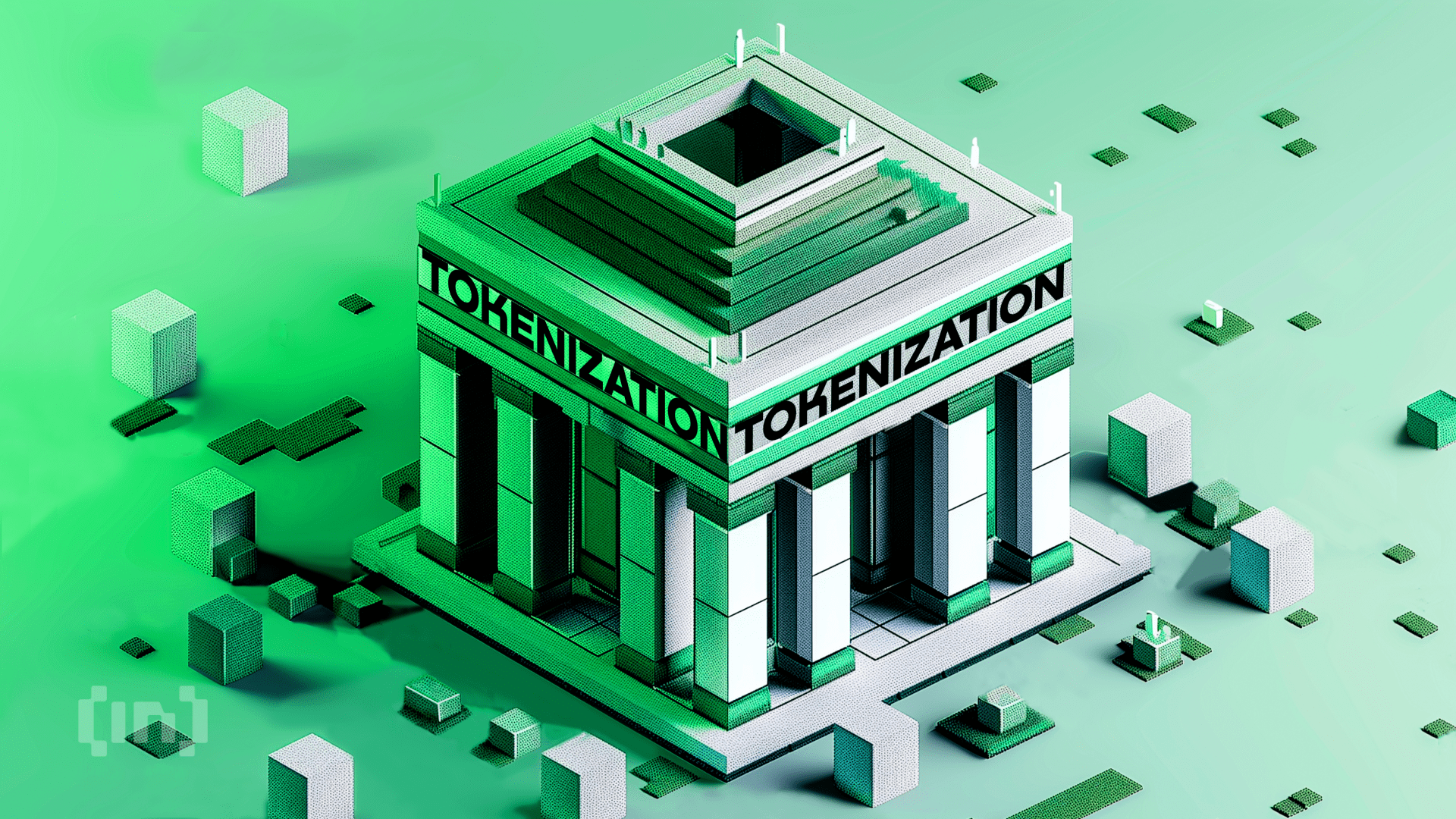Tokenization has been presented as the next innovation for financial markets, including crypto. According to industry leaders, however, it may reshape how markets define public and private companies.
Concerns also linger about the new wave of tokenized equities, invigorating or draining the altcoin market.
Experts Debate the Impact of Tokenized Stocks
According to Vlad Tenev, tokenized stocks are the biggest innovation since 2015. Based on this, the Robinhood CEO says retail investors should have equal access to private shares, a space traditionally dominated by venture capital (VC) and institutional money.
Tenev emphasized the inevitability of tokenized real-world assets (RWAs), particularly stock offerings. He says the demand for EU-compliant tokenized derivatives is growing, even in regulatory uncertainty.
“Tokenization of RWA is inevitable and a natural progression supporting diversity and inclusivity,” venture partner Alvin Foo noted, citing Tenev.
However, the implications go beyond innovation and may fundamentally alter corporate classifications.
Bloomberg’s Joe Weisenthal speculated that if tokenization of private stock succeeds, markets may stop distinguishing between public and private companies altogether.
Instead, companies may exist on a spectrum of liquidity and disclosure, enabled by smart contracts and blockchain transparency rather than traditional IPO processes.
“If tokenization of private stock (a la Robinhood’s efforts) takes off, I wonder if we’re even going to talk about public vs. private companies in the future. May just be kind of a spectrum of various levels of liquidity and disclosure,” Weisenthal shared.
This sentiment echoes that of The Economist, which recently observed that, given the right scale, tokens could turn private firms into public companies.
The outlet suggested that with sufficient market participation and infrastructure, tokens could mimic many public equity functions, making crypto innovation undeniable.
The transformation is not purely theoretical. Charlie Shrem, an early Bitcoin entrepreneur, noted that tokenized securities will likely face the same dynamics as IPOs.
This includes who underwrites the token, the quality of revenue-to-yield relationships, and where the tokens trade.
“Same conditions that exist with an IPO,” Shrem said.
The statement suggests that real-world fundamentals will still play a critical role in tokenized markets.
Regulatory Concerns: Frictionless or Just Non-Compliant?
Meanwhile, not everyone is enthusiastic. US Congressman Sean Casten warned that the sprint toward tokenization could allow companies to raise capital while dodging regulation and disclosure requirements.
Further, Casten argued that calling a system frictionless is often code for avoiding legal oversight.
Indeed, the tension between innovation and regulatory compliance remains a central issue. On the one hand, tokenization promises 24/7 trading, fractional ownership, and greater global participation.
On the other hand, critics argue that bypassing protections for retail investors could expose users to greater risks.
Still, the momentum is clear, with Robinhood and others like Coinbase moving quickly to tokenize equities and blur long-standing financial boundaries.
If successful, these efforts may go beyond redefining how stocks are traded to reimagine what it means to be a public company in the on-chain economy.
The post US Congressman Sounds Alarm as Tokenization Redefines Public and Private Companies appeared first on BeInCrypto.
